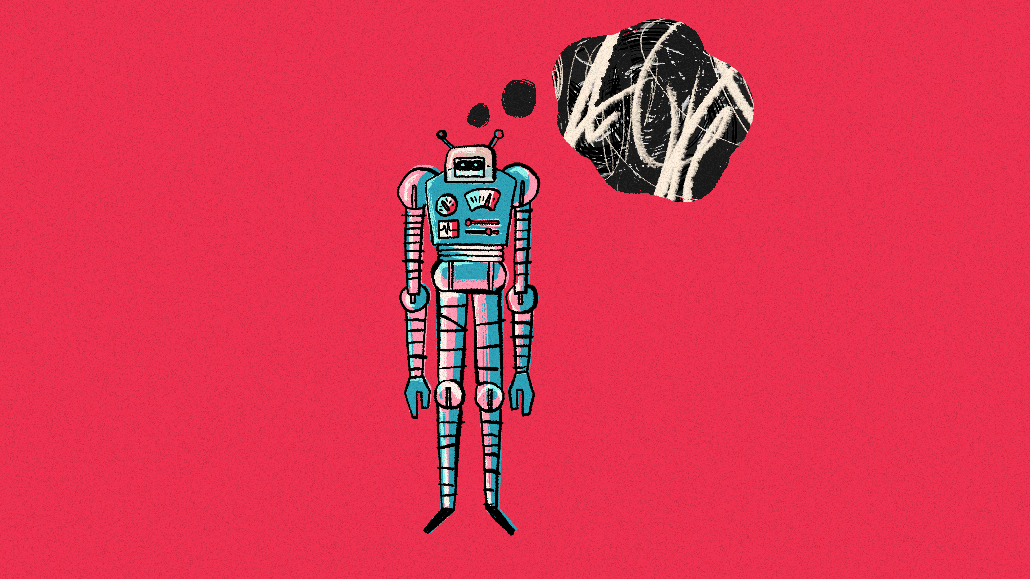Secure your place at the Digiday Media Buying Summit in Nashville, March 2-4
How generative AI is muddying copyright laws – what businesses need to know

This article was first published by Digiday sibling Worklife
Elon Musk and almost 4,000 high-profile signatories, including engineers from Amazon, DeepMind, Google, Meta, and Microsoft, attempted to halt the giddying acceleration of generative artificial intelligence in an open letter published in late March.
“Recent months have seen AI labs locked in an out-of-control race to develop and deploy ever more powerful digital minds that no one – not even their creators – can understand, predict, or reliably control,” read the letter. “Powerful AI systems should be developed only once we are confident that their effects will be positive and their risks will be manageable.”
Everyone should take note when the brightest human – rather than machine – minds are demanding progress be paused. But has the bot not already bolted? And considering the possible competitive advantages if rivals opt to down AI tools, will the temptation to continue pushing the boundaries of technology beyond their current limits not be too irresistible for business leaders?
Many have wasted little time embracing ChatGPT, a large-scale language model fed 300 billion words by developer OpenAI that is “confidently incorrect,” and DALL-E, a similar tool that generates images rather than words. While interest has surged in the former, potentially the bigger, creepier issues are around the latter, specifically copyright infringements.
To read the full article over on WorkLife click here.
More in Media

From feeds to streets: How mega influencer Haley Baylee is diversifying beyond platform algorithms
Kalil is partnering with LinkNYC to take her social media content into the real world and the streets of NYC.

‘A brand trip’: How the creator economy showed up at this year’s Super Bowl
Super Bowl 2026 had more on-the-ground brand activations and creator participation than ever, showcasing how it’s become a massive IRL moment for the creator economy.

Media Briefing: Turning scraped content into paid assets — Amazon and Microsoft build AI marketplaces
Amazon plans an AI content marketplace to join Microsoft’s efforts and pay publishers — but it relies on AI com stop scraping for free.








